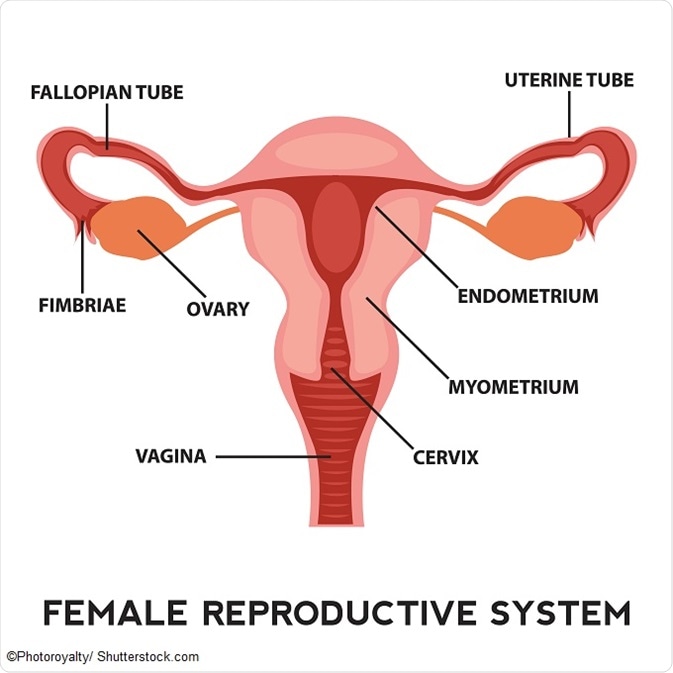A healthy vaginal flora protects the body against urogenital infections. It is made up of many different types of bacteria, the predominant bacteria being lactobacilli. These beneficial or “good” bacteria play a key role in defending against infection. Lactobacilli provide protection against microbes from the external environment, as well as microbes that reside in the vagina but multiply abnormally quickly, causing thrush or vaginosis, for example.

Lactobacilli protect against vaginal infection simply by colonizing the space available. They also produce lactic acid and hydrogen peroxide. Lactic acid helps to maintain a healthy vaginal pH and flora. Hydrogen peroxide inhibits the overgrowth of “bad” bacteria that cause infection. When the level of lactobacilli is disrupted and the vaginal flora becomes imbalanced, the risk of developing an infection is increased. The infections can lead to unpleasant symptoms such as itching, irritation, burning, abnormal discharge and unpleasant vaginal odour.
The balance between beneficial and harmful bacteria in the vagina is very fragile, with imbalance occurring if the vaginal pH is not acidic enough. The vagina pH should be somewhere between 3.8 and 4.5 for a healthy level of vaginal acidity. If the vagina is not acidic enough due to a shortage of lactobacilli, then fungi and “bad” bacteria are able to reproduce more than they usually would. Two examples of infection that arise in this way are thrush (caused by overgrowth of the fungus Candida) and bacterial vaginosis (caused by overgrowth of “bad” bacteria).
Risk factors
Physiological or external factors that can increase the risk of an imbalance in vaginal flora and therefore infection include the following:
- Antibiotics
- Smoking
- Incorrect or excessive washing of the groin area
- Hormonal changes as a result of pregnancy, contraceptive use or menopause
- Unprotected sex
- Stress
- Sauna or swimming pool
- Synthetic or tight clothing or underwear
- Fabric softeners
- Vaginal douches
- Intrauterine device
Probiotics
Probiotics, bacteria that are naturally occurring in the body, are often recommended as a treatment for vaginal flora imbalance. Probiotics help to restore a healthy level of lactobacilli. By maintaining a healthy balance of vaginal flora, the body’s defense against infection is restored.
Vaginal flora and pregnancy
A 2012 study by Kjersti Aagaard and colleagues, published in PloS One, looked at whether or not the vaginal flora alters during pregnancy. They compared 68 samples from 24 pregnant women with 310 samples from 60 controls who were not pregnant. DNA sequencing revealed that generally, there was much less bacterial diversity and fewer bacterial colonies in the samples taken from pregnant women, especially in areas of the vagina that were close to the womb.
Further Reading
Last Updated: Feb 27, 2019